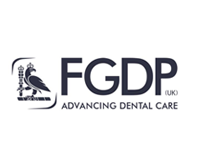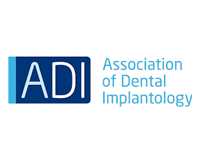In general terms, people from all walks of life and of all ages can benefit from implant based treatment.
Every clinical case is however unique; your general health, whether you smoke, the health of your mouth and remaining teeth, any medication that you take, and the amounts of bone available at the site for the proposed implant – all these factors are important when judging the potential success of implant dentistry.
Like any advanced dental treatment, the success of dental implants depends on it being the best treatment for your individual needs. That is why it is so important that your case is comprehensively assessed prior to embarking on treatment.
Implants survive best in a healthy environment. Any tooth decay or gum problems should be treated before implants are placed to give them the best chance of success. This may involve the use of a special brushing method, special floss and interdental brushes. Some gum treatment and the removal of teeth that may not be saved may be necessary.
Despite the great advances in modern dentistry, some teeth may have reached a stage when no treatment can save them. It is often best to remove them at an early stage. When teeth are lost, the bone holding them in place dissolves away. The greater the bone loss, the less remaining bone there is in which to place implants. When there is not enough bone present, bone may be grown to fill in missing bone. This allows implants to be fitted. The procedure is known as bone grafting. The bone used may be specially treated bone from a bone bank.
With implant supported teeth it is almost impossible to tell the difference compared to real teeth. With an implant-anchored full bridge, there is a narrow space between your gum and the prosthesis which is externally invisible and facilitates cleaning. Your new teeth will look and feel natural, and allow you to live, laugh and enjoy life with total confidence.
With proper care and cleaning, dental implants can last a lifetime. Like natural teeth, with the passing of time, the crowns could become worn or damaged. The big difference is that your new teeth can easily be repaired or replaced, using the same implants for support.
Yes, there is no difference between natural and implant-supported teeth in what you can eat.
A few people can have initial problems speaking clearly after receiving an implant supported bridge or denture. Usually, this adjustment phase lasts only a few days before normal speaking returns. This occurs much less frequently than with a conventional bridge or denture.
For people who have no remaining teeth:
For people who have some of their own teeth:
Yes you can. Ideal for patients with one or two whole arches of failing teeth we also recommend the option of same day treatment and the new teeth in a day All on Four implant denture treatment from Nobel Biocare.
Call our friendly reception team or ask to speak to our treatment coordinator on 0208 851 2547 for more information on arranging your Dental Implant consultation. Alternatively send us a message by clicking the button.




